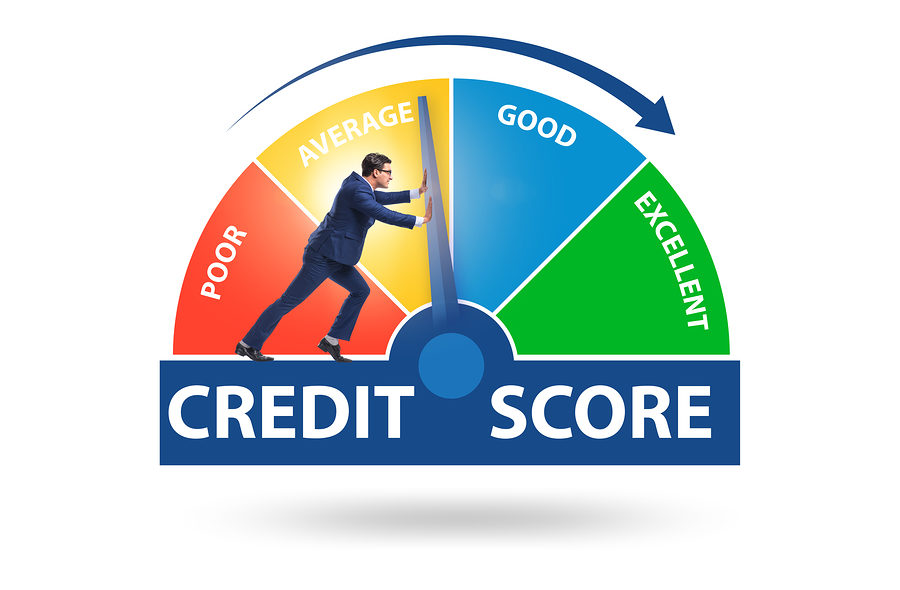The coronavirus (COVID-19) pandemic has put many Americans in a difficult financial situation. While many are out of work either temporarily or permanently, others have found their salaries cut indefinitely as companies ride out the pandemic. The financial struggles that countless consumers are facing has put their own personal financial situations at risk, including their credit scores. Here are some tips to help protect your credit score during the pandemic.
File for Unemployment.
One of the first things a person should do after being laid off due to the pandemic is to file for unemployment. Due to the unprecedented conditions brought on by the COVID-19, the Coronavirus Aid, Relief and Economic Security Act (CARES Act) expanded the eligibility terms for unemployment benefits. These benefits now extend to freelancers and contract workers. Additionally, the CARES Act has provided an additional $600 per week for those who qualify.



